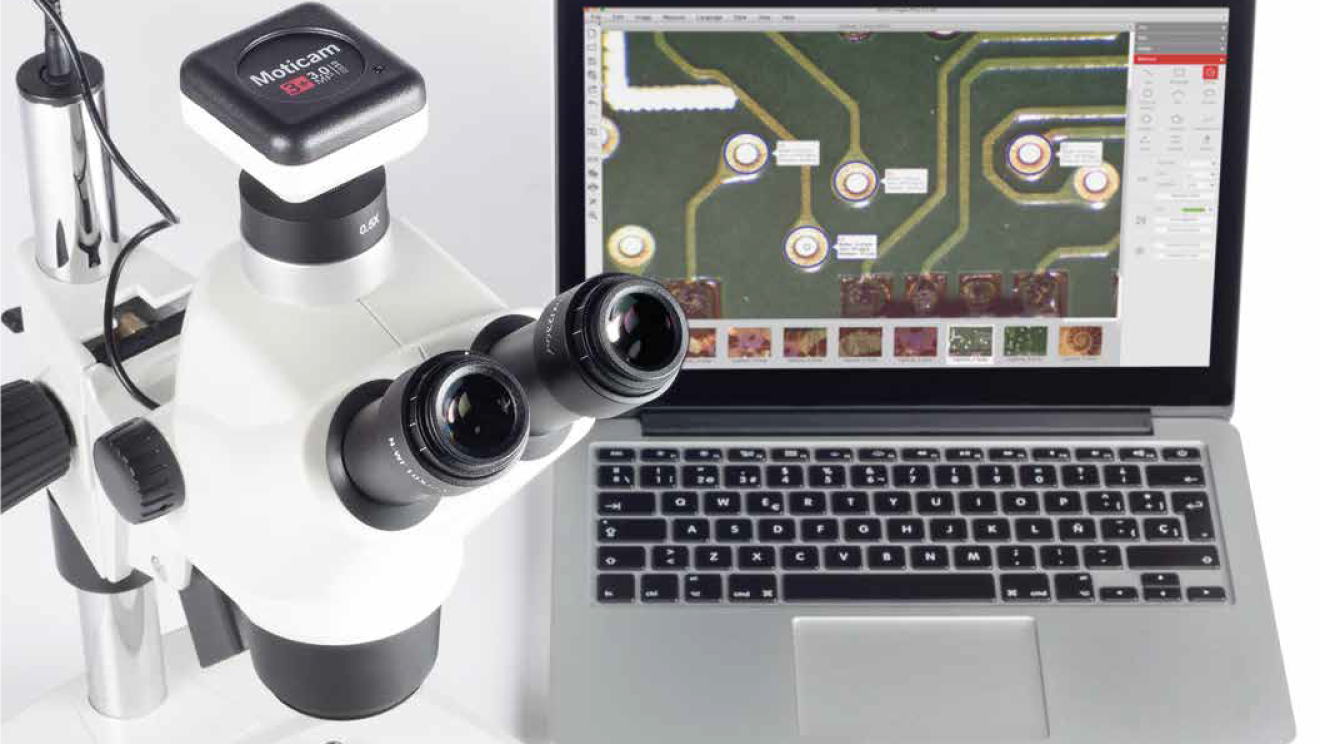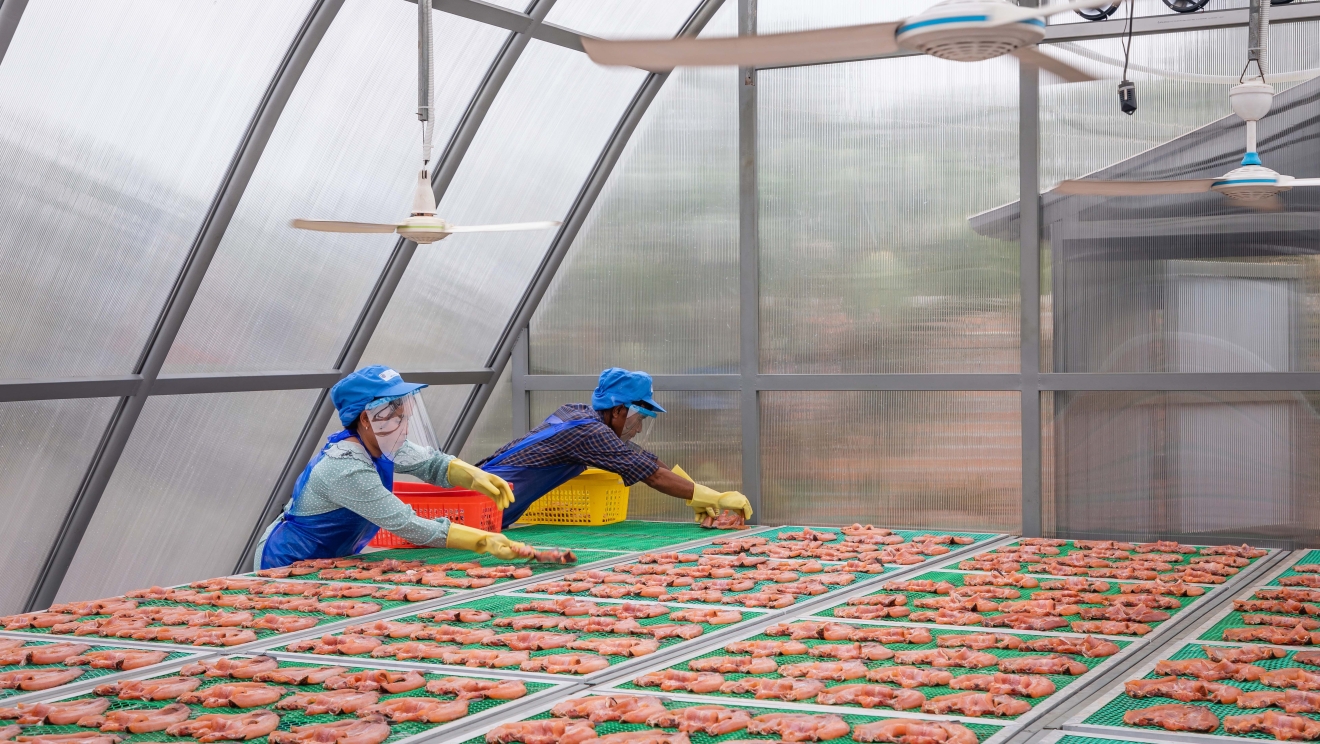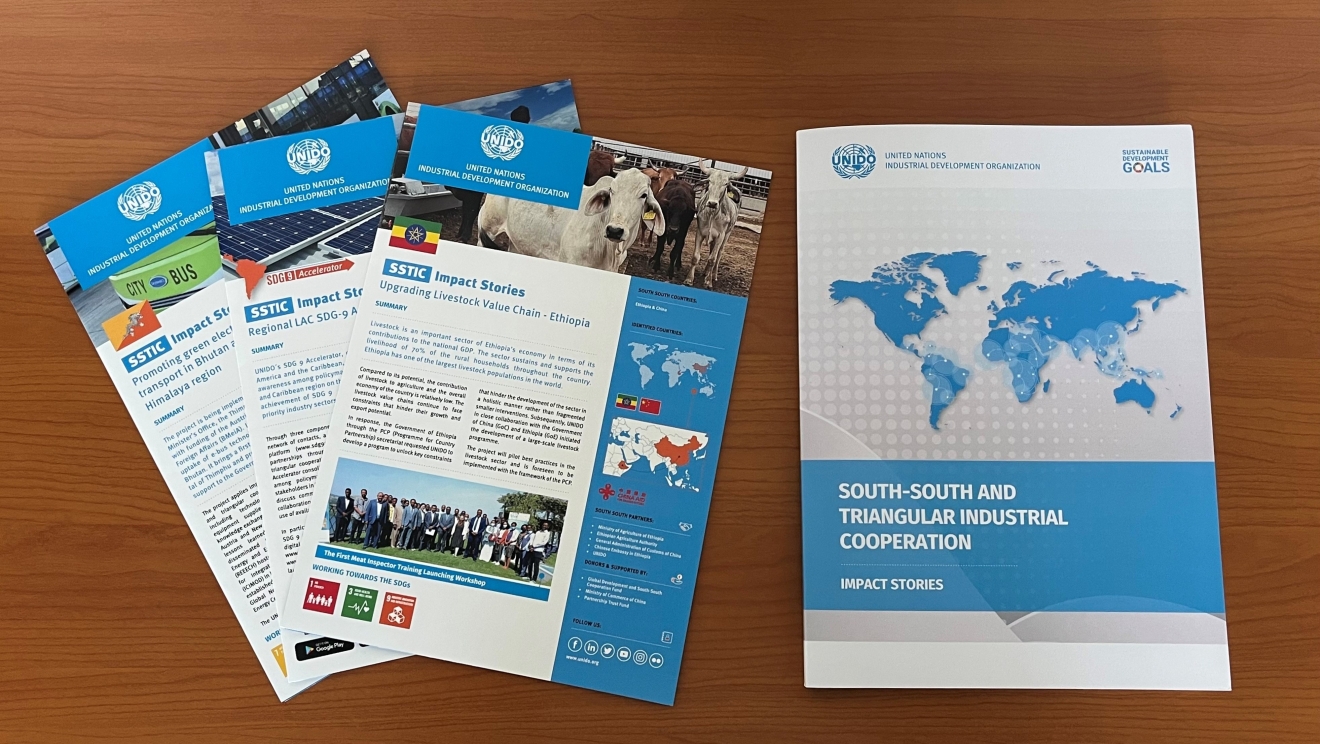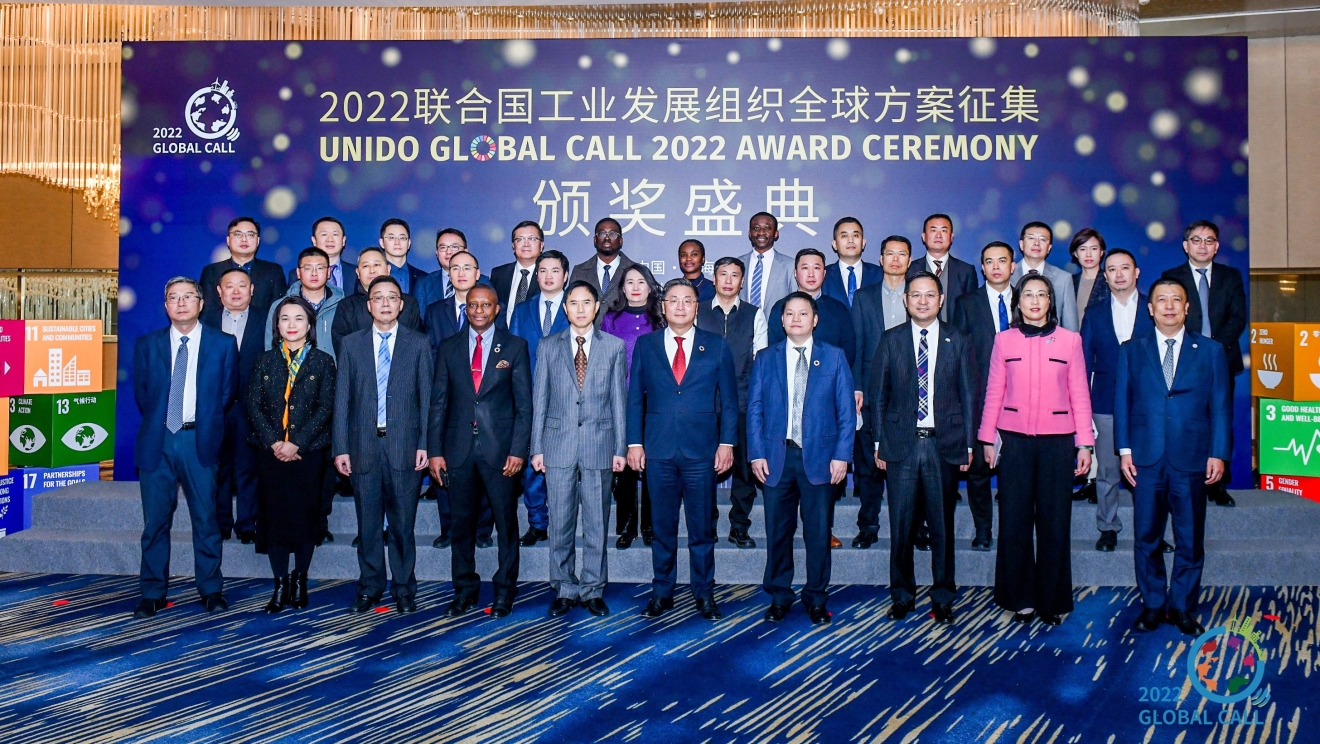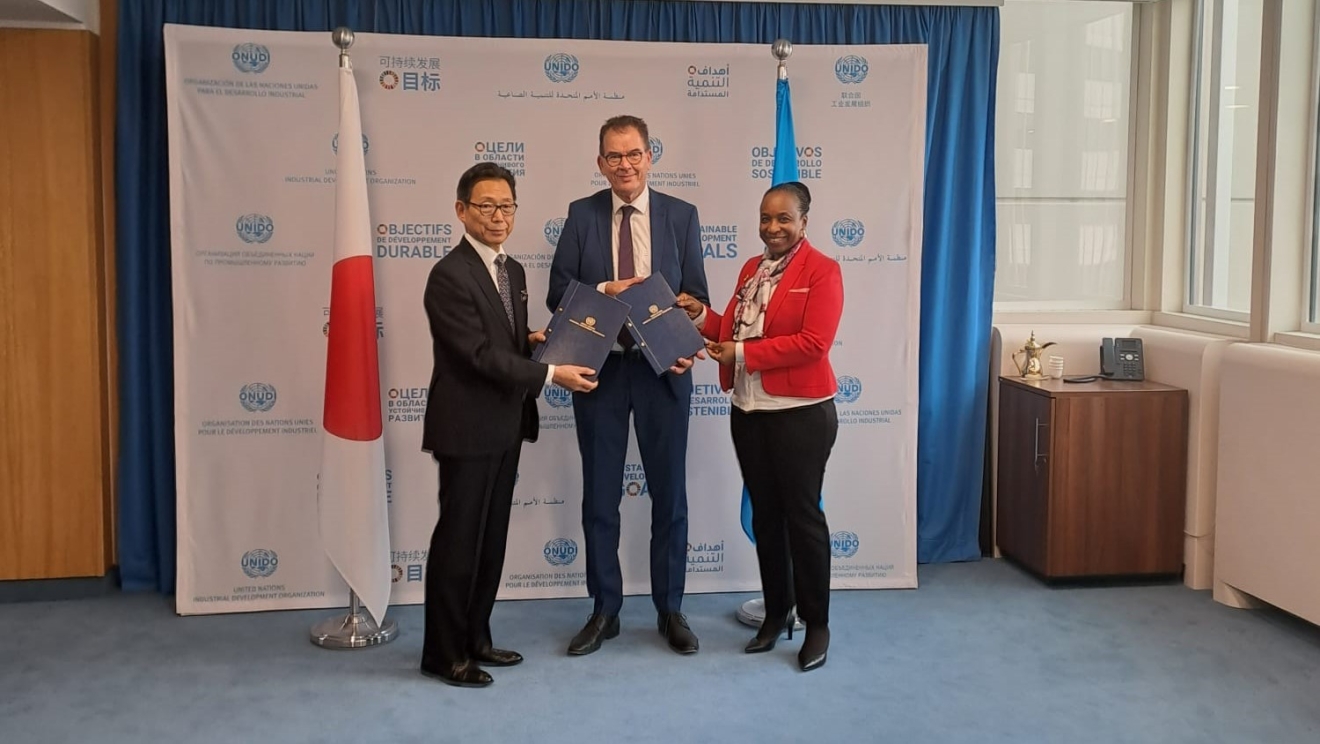Technology and knowledge transfer
For UNIDO, the transfer of technology and knowledge from industrialized to developing countries is key to development.
Technology transfer involves the purchase and acquisition of equipment; the know-how to use, maintain and repair it; the ability to make it through “emulation” or reverse engineering; to adapt it to local conditions; and eventually to design and manufacture original products.
As well as the know-how to use new technology, it is important that knowledge about processes, policies, methods and data is also shared. UNIDO's sectoral expertise is grounded in the Organization's hands-on support to governments and industries of all sizes, including small and medium-sized enterprises. UNIDO’s industrial policy expertise and statistical analysis provide guidance to shape effective strategies for sustainable industrial development. Both make the most of digital technologies and promote climate-responsive and circular approaches.
Progress on all of UNIDO’s current priorities depends on the transfer of technology and knowledge:
- In terms of sustainable supply chains, UNIDO advocates for the transfer of knowledge and technology in order to improve conditions and product quality.
- Technological options for avoiding and reducing greenhouse gas emissions must be further developed, and UNIDO provides a platform for technology transfer, investment mobilization and climate partnerships to accelerate this process.
- Digital technologies can support trade in agricultural, and especially food products, by connecting private sector suppliers to new markets, and enabling new ways for governments to monitor and ensure compliance with standards and to provide faster and more efficient border procedures that are essential for perishable products.
UNIDO’s Investment and Technology Promotion Network consists of nine ITPOs and is guided by the ITP Network Secretariat at UNIDO Headquarters. The objective of the ITP Network is to contribute to the industrial development of developing countries and countries with economies in transition by identifying and mobilizing the technical, financial, managerial and other resources required for the implementation of specific industrial investment and technology promotion projects with local partners.

